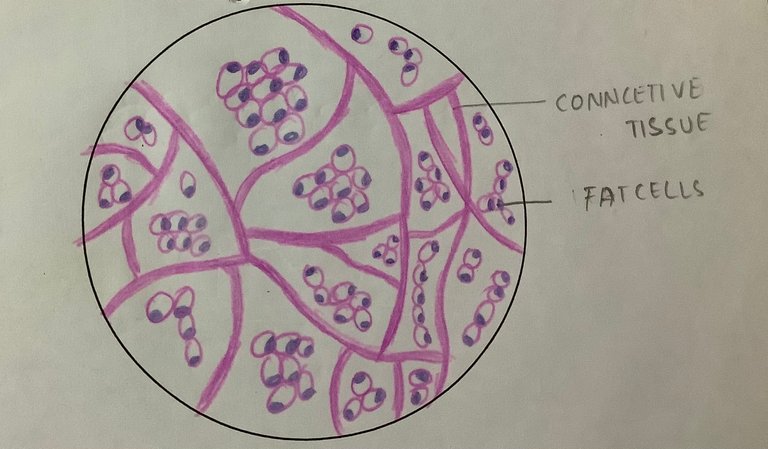If there is one word people are familiar with and can resonate with in our body, then it is fat. If I ask you what are the two types on fat we have, depending on the side of the coin that you are, you might either say white and brown fat (which is manageable for a layman you would say but you are wrong because it is more than lame), or you might say visceral and subcutaneous fat and some people will just say they haven't heard of any type of fat before. You know it is quite fine not to know anything about something, since we are all just learning.
For most of us, we just do not like having excessive fat on our body, some because of beauty, some because of what they have seen on television, some because their doctors told them it is not good for them, a few because they know it is associated to numerous health issues and some don't just like the idea of having fat on their body. People end up doing a lot of exercise, some starve themselves in what they call dieting, and some people just cut it off straight away but all this effort is for one thing, trying to eradicate fat.
Fat is fascinating and we just do not know a lot about it. First, the fat in our body is known as adipose tissue, and they are composed of cells. The adipose tissues are made up of fat cell, what we refer to as adipocytes. In the fat cells are potential energy being stored, to be released by Adiponectin which is a hormone released by the cells causing an increase in the sensitivity to glucose of other tissues and the promotion of fat oxidation.
When glucose is available in the blood, insulin deliver the sugar to tissues that need them and when there is too much sugar in the blood, it leads to insulin charging organs to continually access the sugar but when they do not need this sugar then start to become less sensitive to insulin leading to insulin resistance. Adiponectin is activated theough the AMPK pathway which resets the glucose and insulin level.
All fat are not the same and when I asked for the types of fat, if you mentioned white fat and brown fat, then you are not wrong because there are two main classes of fat which are White fat and Brown fat. Brown fat being found around the Clavicular and Thoracic region keeping us warm and they get this heat from the mitochondria which are brown and that is what gives the brown color. White cells are bigger than brown fat cells and there is the Beige fat cell which has the characteristics of both the brown and white fat cells and some white fat cells can become brown as a result of nutrition and exercise. While the stomach fat are Adipose tissue let me expose the type of fat it is, fat in the arm are subcutaneous, while the fat in the region of the thorax and abdomen are visceral fat.
Fat cells can become bigger known as hypotrophy, and they can grow in size known as hyperplasia. Also, these cells can die and are replaced every 8.3 years but this replacement is faster in people that are obese as an increase in fat cell size causes an increase in the death of the cell. When fat cells die, our macrophages consume them and the body does its thing in making us healthy and safe.
Understanding the different types of fat and their roles in our bodies can help demystify this often-misunderstood tissue. While many strive to reduce body fat for various reasons, it's essential to recognize that fat plays crucial roles in energy storage, insulation, and hormone production. By maintaining a balanced diet and regular exercise, we can manage our fat levels healthily and effectively.
Learn More
https://www.ncbi.nlm.nih.gov/books/NBK555602/
https://www.mdpi.com/1422-0067/20/5/1190/htm
https://pubmed.ncbi.nlm.nih.gov/17848624/
https://pubmed.ncbi.nlm.nih.gov/28954980/
https://www.ncbi.nlm.nih.gov/pmc/articles/PMC5594988/
https://www.ncbi.nlm.nih.gov/pmc/articles/PMC3661606/


